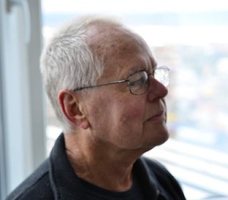
Here is the first in a series of short essays which I trust will be useful for you.
An Introduction
Hypnosis has been associated with weirdness, magic, the devil and requiring special legal restrictions, professional monitoring because of fear of the power that hypnosis evokes.
Hypnosis has also been regarded as a specialty within the helping culture. There are many professional hypnosis associations with special emphasis on the complexity and dangers of this special therapeutic approach, requiring stringent regulation.
In Australia, some insurance companies apply a special levy to cover the professional use of hypnosis. Some Australian states had strict limitations on who could and who could not use hypnosis, further exaggerating the specialness of hypnosis.
One of my hypnosis teachers said decades ago that if hypnosis was as powerful as it is supposed to be, he'd have an army of helpers doing all the work for him, and smiled as he looked around and couldn't see any such army.
Milton Erickson made numerous massive contributions to therapy in general and to the understanding ands use of hypnosis in particular. He spoke of "The common everyday trance" where anyone can become absorbed in reading a book, watching a movie, daydreaming ... From this starting point, we can then approach hypnosis as an extension of this common everyday experience, and avoid the absurd paranoia that still pervades society's attitude.
With this elegant idea, he freed hypnosis of its spookiness, made it more acceptable and accessible to clients, more relevant to therapists, and easier for therapists to learn.
After Erickson, hypnosis could emerge from the dark dungeons of medieval magicians, and into the light of a contemporary world.
Rob McNeilly

That is why I embrace Ericksonian Hynosis.....it is not spooky.
Helene Pine